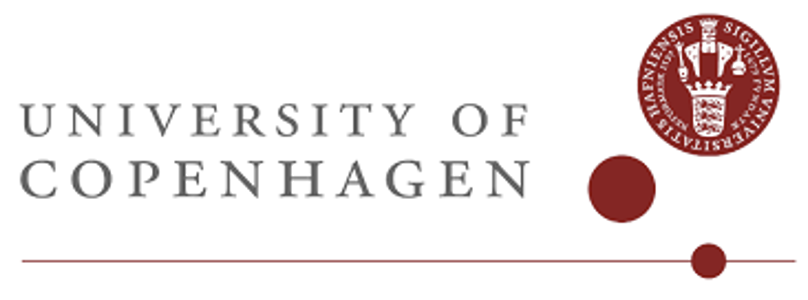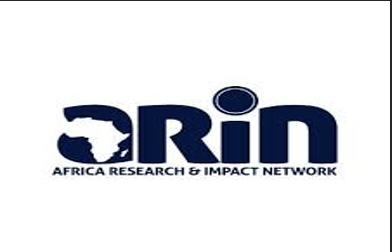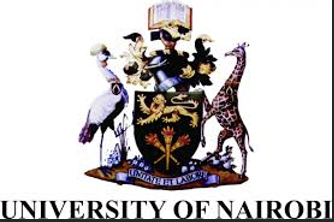Start date: 1 April, 2024 End date: 31 March, 2029
Project summary
Nature based Climate Solutions (NbS) are, in brief, actions that aim at benefiting climate, biodiversity, and people. These solutions are high on the global and national carbon offsetting and biodiversity conservation agendas. The number of projects is growing in the Global South, including in Kenya. While NbS scholars tend to focus on technical aspects of how to address the climate, biodiversity and people objectives simultaneously, there is less knowledge about NbS governance. Critics argue that there are considerable trade-offs between the NbS objectives, and there is a risk that interventionist approaches and skewed power relations marginalize local communities by disrupting their institutions and undermining their rights to land and other natural resources and thus contribute to environmental injustice. JUCAN sets out to learn from the institutional dynamics and government arrangements of three current NbS in Kenya. Kenya has a long and devastating record of environmental injustice, but rural communities depend on conservation and restoration of their degraded natural resources. The main research question is what the implications are of NbS governance for a just green transition in Kenya.
The proposed research addresses Sustainable Development Goals 13 (Climate action) and 15 (Life on land) by researching NbS; and 16 (Peace, justice and strong institutions) by focusing on institutional aspects and justice. In the Denmark-Kenya partnership, the project addresses Objective 1 on “Green, Sustainable and inclusive growth”, and Objective 2: “Strengthen democracy principles and citizen engagement” and adheres to the IUCN Global Standard for NbS, including transparent empowering governance.
This project intents to increase understanding of governance arrangements and institutional dynamics in Nature based Climate Solutions (NbS: actions that aim at benefiting climate, biodiversity, and people) in Kenya in the perspective of environmental justice.
JUCAN Project Objectives
The development objective is just transition for all citizens in Kenya.
The immediate objectives of the project are:
- Research objective: to understand the institutional dynamics and governance arrangements of NbS and the
implications for a just transition in Kenya
- Capacity-building objective: To enhance the involved institutions’ capacity to do research in NbS governance .
- Policy objective: to propose governance solutions for NbS in the perspective of just transition and beyond.
Research Questions
The research objective translates into four research questions for the empirical research:
- Priorities and perceptions: How and to what extent do private, public and civil society actors’ priorities differ and align vis-à-vis the possible trade-offs between climate, biodiversity and community development objectives, and what is their “sense of environmental justice” in NbS?
- Agency and practices: How do the different actors engage in, influence, and shape the emergence of NbS institutions as they pursue their priorities, and what NbS governance practices and arrangements emerge from this at national and local levels?
- Outcomes: How do NbS governance practices and arrangements affect the nature of carbon, biodiversity, and socioeconomic activities and outcomes in NbS projects?
- Implications: What are the implications of 1-3 to the three types of environmental justice, and what are the lessons learnt for policy and practice in order to ensure a Just transition in Kenya?
Phases and Work Packages
Phase 1: Here all researchers jointly trace the emergence of NbS in Kenya, including NbS titled projects, policy narratives on NbS and just transition, and their organizational and legal institutionalization. This will provide mutual contextual understanding, an overall research plan, and an early joint paper.
Phase 2: This will involve in-depth case study of three selected NbS projects: (i) The Northern Kenya Carbon Project (NKCP), which presents itself as the world’s first large-scale grasslands soil carbon project providing income to communities; (ii) The Wildlife Works Kasigau Corridor, a REDD+ project protecting dryland forest and wildlife while funding social programs; and (iii) The Blue Forests Solutions Project, a community-based mangrove carbon finance project. The cases all involve multiple public, private, and civil society actors, have incomes from carbon credits through nature conservation and restoration, and aim at benefitting local communities. They began in 2010, 2009, and 2013 respectively
Work Package 1-3 (WPs-1-3) work with each their separate NbS case, applying qualitative analysis to address RQ 1-3. This involves: (1) Mapping all international, national and local actors in the projects and examining their priorities (incl. gendered priorities) vis-à-vis NbS objectives and their perceptions of justice. This includes semi-structured interviews, participatory group exercises [61] and literature analysis. (2) Tracing the actions and interactions of actors in the NbS project over time and identify resulting governance practices and arrangements, using process study methods and situational analysis including qualitative interviews and analysis of project documents. (3) Examining actors’ perceptions of NbS outcomes vis-à-vis their perceptions of justice, using individual and focus group interviews and photovoice methods.
Work Package 4 (W-P4) works across cases to address questions RQ1-3 through quantitative methods. This includes a questionnaire[1]survey, choice- and “lab-in-the-field” experiments and experimental games with NbS actors for RQ1-2, and a household survey and investigation of the nature of NbS outcomes using existing data and site studies for RQ3.
Work Package 5 (WP-5) is responsible for all policy dissemination/recommendation, media, and communication issues.
Phase 3, the work packages separately and together address RQ4. They analyze and compare the institutional dynamics and governance arrangements of the three NbS and discuss the implications of the results for the prospects for a just transition in Kenya and beyond.
Project Outputs
- Co-authored articles in peer-reviewed, international journals.
- An international scientific conference in Nairobi,
- One side event at a COP under the United Nation’s Framework Convention for Climate Change.
- Three (3) PhD and 1 Post-doc Graduates
- Four (4) policy briefs,
- Three (3) podcasts,
- A documentary on justice implications of NbS,
ARIN Project Team
- Principal Investigator: : Dr Joanes Atela, Executive Director, ARIN
- Project Lead: Dr Humphrey Agevi, Research Associate, ARIN
- Communication Specialist: Florence Onyango, ARIN Communication Manager
- Research Intern: Jerry Ariel, ARIN
Lead Institution

Partner Institutions
 .
.  .
. 
